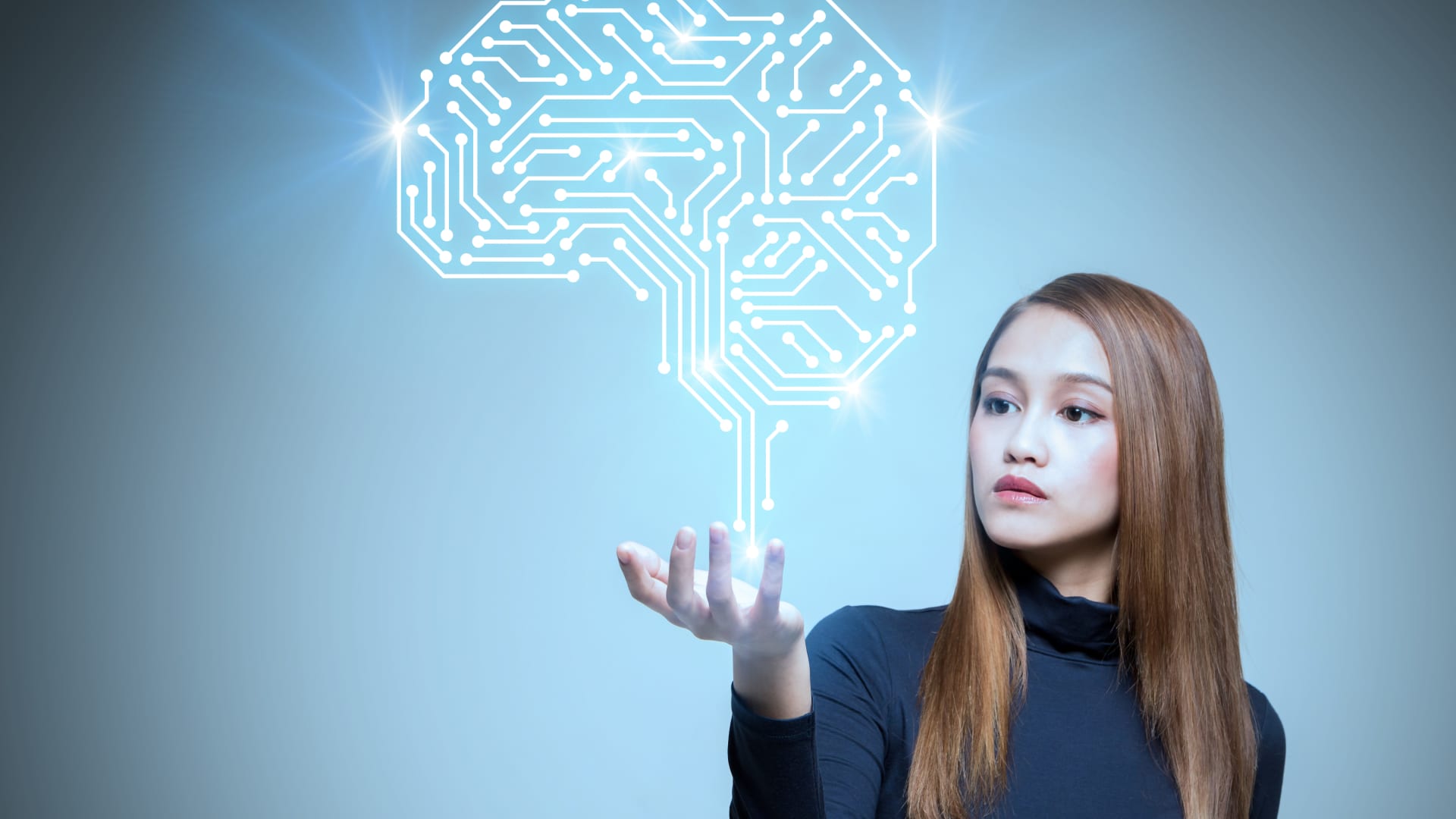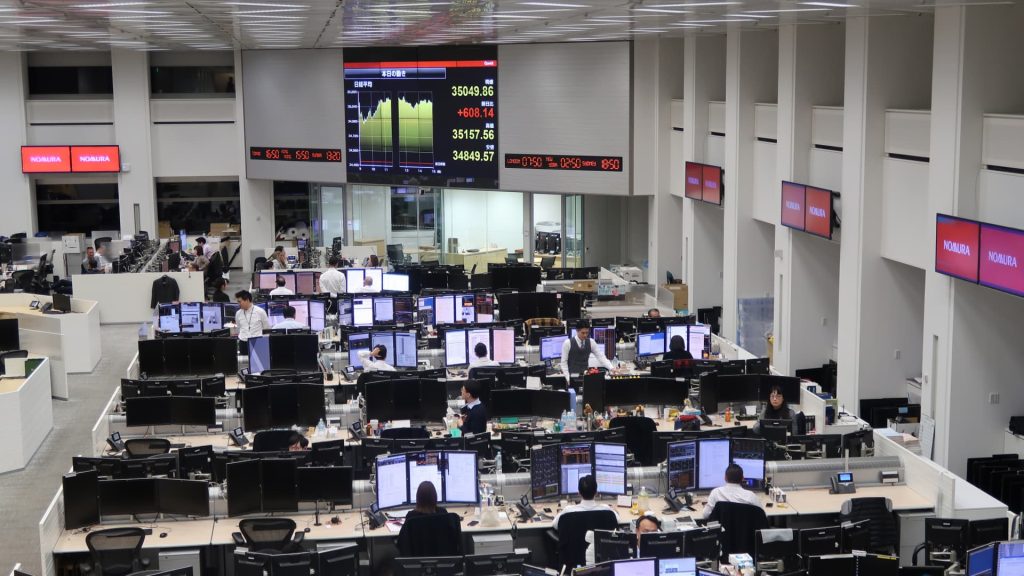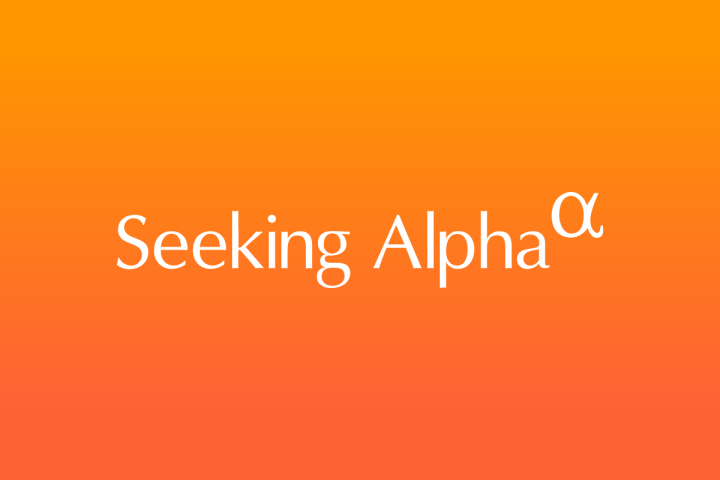Generative AI isn’t just a buzzy new topic – it’s revolutionizing the workforce.
While historically, automation has mostly impacted blue-collar industries, “Gen AI is flipping the script,” according to McKinsey.
“More-educated workers will likely experience the greatest degree of impact,” the management consultancy said in a recent report.
Is AI a threat to jobs?
Generative AI is a type of artificial intelligence capable of generating images, text or other content.
The technology is expected to boost productivity, cut costs and create new growth opportunities across a wide range of industries.
AI technology may have been been around for more than 50 years, but since the launch of OpenAI’s chatbot ChatGPT in November 2022, Generative AI has quickly become a topic of conversation for employers and employees alike.
ChatGPT, an AI chatbot by OpenAI, was built on a large language model that helps users come up with answers to questions, refine essays or resumes and even generate images and videos. It has sparked debate about the potential of how AI can revolutionize industries and work — and possibly even make jobs redundant.
How do I keep up?
With the rapid adoption of the technology, experts generally agree employees can keep up with the demands of the changing landscape by learning how to “upskill” or “reskill.”
Nearly three in five whitecollar employees report using generative AI on a weekly basis. It has brought a level of optimization and automation to tasks once thought to be immune to such disruption.
Oliver Wyman conducts monthly surveys of more than 200,000 people across 20 countries to gather data about attitudes surrounding Generative AI and other trends.
The study found that employers are prioritizing certain skill sets when it comes to keeping their workers up to date.
Here are five skillsets to help you stay relevant in the changing landscape:
- Analytical thinking
- Creative thinking
- Leadership and social influence
- AI and big data
- Curiosity and lifelong learning
Through its research on Generative AI, the consultancy identified a gap between employees’ and employers’ perception of which skills will be of the highest priority.
“Whereas employees are most focused on training in AI and big data, employers place most emphasis on analytical thinking,” a spokesperson for Oliver Wyman told CNBC Make It.
In the age of AI, analytical thinking is crucial because while the technology can process and analyze data efficiently, it still requires human oversight to help synthesize results and draw an informed conclusion.
Creative thinking is another distinctly human skill that people should prioritize. While Gen AI has the ability to efficiently generate new ideas, write articles or even make music, it’s important to note that this ability was built on data the AI has been trained on.
“Generative AI lacks the contextual nuance and ethical judgment that humans should apply in analysis,” a spokesperson for Oliver Wyman told CNBC Make It. It “lacks the human ability to make intuitive leaps, connect disparate ideas, and generate truly novel solutions.”
What this means
Gen AI is expected to automate more “routine-oriented” tasks which used to be a significant part of daily work, leaving employees with more time to spend on tasks that are more people or knowledge oriented.
Tasks that require “people-skills” — such as leadership, or tasks that are based on knowledge or expertise, will end up taking up the bulk of the workday, the research showed.
Since AI has changed work so profoundly over the last year, we’re also highlighting the top ‘skill of the moment’ with the most notable surge in year-over-year demand: adaptability.
Read the full article here






